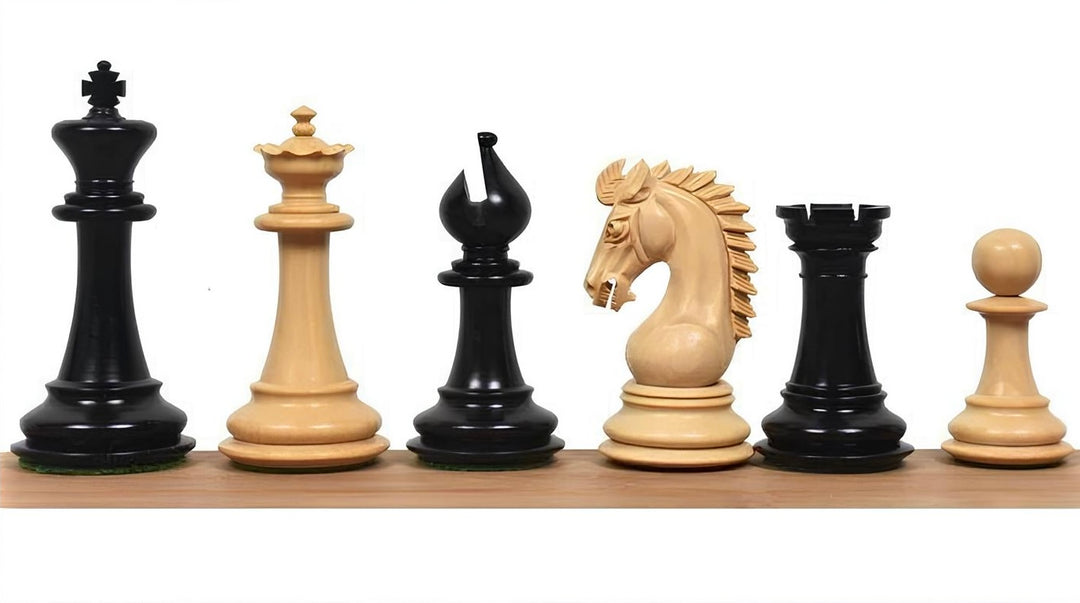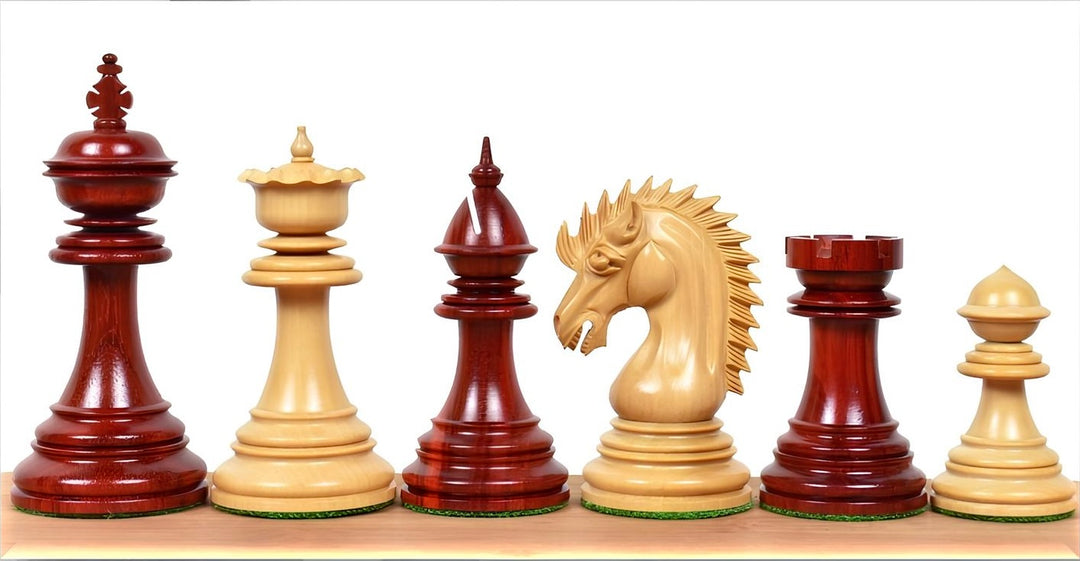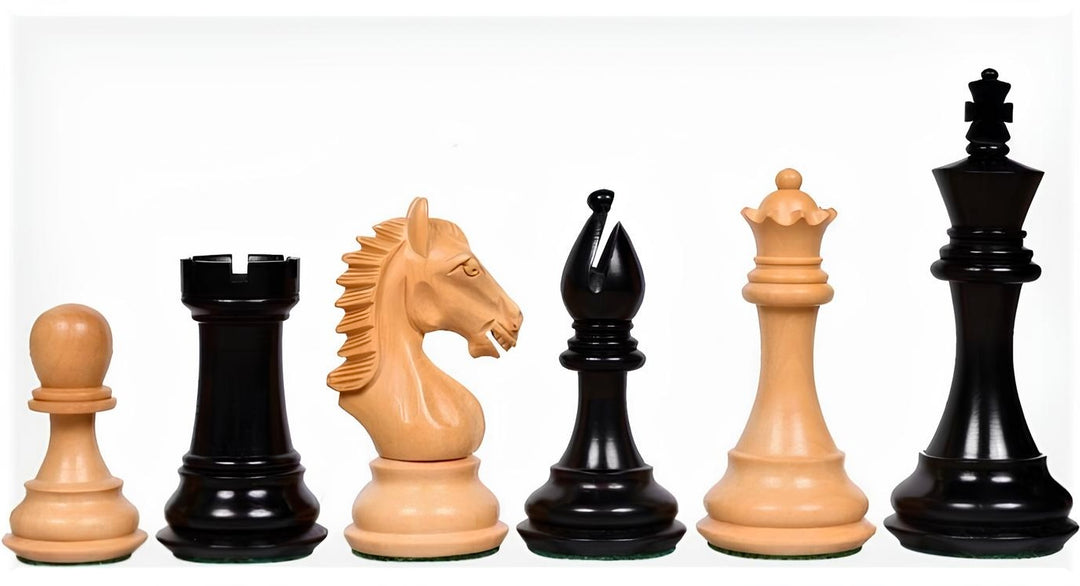Introduction to Standard Chess Board Dimensions
The game of chess is played on a square board divided into 64 smaller squares. Understanding the standard dimensions of a chess board is essential for players at all levels, from beginners to advanced competitors. In addition to facilitating gameplay, the standardization of board size ensures a level playing field in tournaments and casual play alike.
Specifications of a Standard Chess Board
The standard chess board is a square, which means its length and width are equal. According to the regulations provided by the World Chess Federation (FIDE), the side of a standard chess board should ideally measure between 44 cm to 46 cm (approximately 17.3 inches to 18.1 inches), with each individual square being 5 cm to 6 cm (about 1.97 inches to 2.36 inches) on a side.
Calculation of Individual Square Size
The size of each square is critical because it must accommodate the base of the chess pieces, which should not overlap onto adjacent squares. It is commonly accepted that the diameter of the base of the king, which is usually the largest piece, should be 75% to 80% of the width of a square. This sizing helps to prevent the board from looking overcrowded while ensuring the pieces are stable and easily maneuverable during play.
Material and Aesthetic Variations
While the dimensions are standardized, chess boards can be made from various materials, including wood, plastic, glass, and marble. Aesthetically, chess boards vary from simple and functional designs for regular practice to highly ornate pieces that serve as decorative elements. Regardless of the material or aesthetic, the dimensions should still fall within the recommended standard range for official gameplay.
Why Standard Dimensions are Important
Adhering to standard dimensions is crucial mainly for three reasons: uniformity in tournament settings, training consistency, and the promotion of fair gameplay. In official tournaments, using standardized boards eliminates any discrepancies that could affect the outcome of games. For learners and trainers, practicing on standard-sized boards helps in maintaining consistency in game strategy and piece handling. Lastly, uniform dimensions ensure that all players have the same spatial understanding and operational ease during the game.
Impact on Game Strategy
The size of a chess board indirectly impacts game strategy. Chess involves spatial calculations, and a player’s ability to accurately assess spatial relationships and potential movements can be enhanced or impeded by the size of the board and its squares. A board too cramped may lead to frequent mistakes or difficulty in piece manipulation, while an overly large board can result in an unusual game dynamic and visual challenges.
Frequently Asked Questions about Chess Board Dimensions
1. Can I use a board with non-standard dimensions?
While you can use any board for casual play, you might face difficulties switching to standard boards during more formal games or competitions. It is advisable to practice with boards that meet FIDE standards to ensure there is no adjustment period needed during competitive play.
2. How do I choose the right chess board?
Selecting the right chess board involves considering several factors. First, ensure the board meets standard dimensions. Then assess the material based on your needs and preferences: wooden boards might offer a classical feel and durability, while plastic boards are often more affordable and lightweight. Also, consider the size of the chess piece base to ensure a good fit on the squares of the board.
3. Are there different standards for professional and casual play?
While formal tournaments generally require adherence to FIDE’s standards, casual play can be more flexible. However, using standard dimensions even in casual settings can be beneficial for consistent practice and ease of transition to official matches.
Conclusion
Understanding the dimensions of a standard chess board is not just about measuring squares but appreciating how these measurements affect gameplay, learning, and the chess experience as a whole. Whether you are a beginner learning the basics or an advanced player participating in tournaments, a standard chess board provides a common ground for developing and demonstrating chess skills. As such, recognizing and adhering to these dimensions is integral to the game of chess.
Explore our large collection of beautiful chess sets!






















































Leave a comment